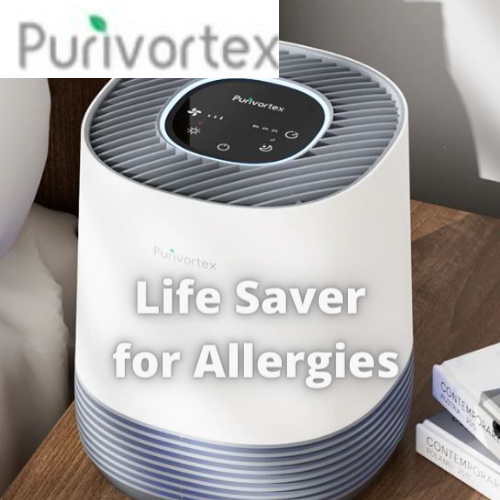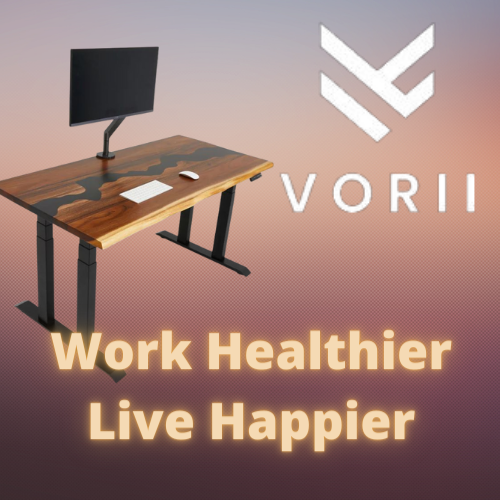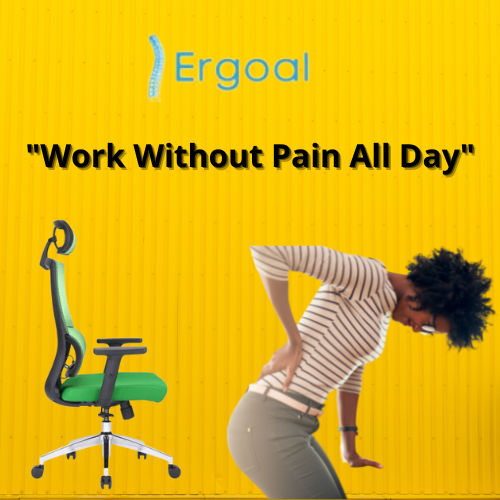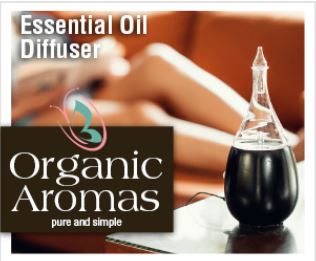Anxiety has a physical response to an emotional feeling. In other words, the chronic feeling of anxiety, fear, or panic can make you sick. As a dentist, I saw the heightened anxiety that people experienced during treatment or even just sitting in the waiting room. We knew that anxiety created such discomfort that we could expect them to cancel their appointment at the last minute. Even with anti-anxiety prescriptions, their fears affected their ability to get and stay numb, making the experience live up to their expectations. They often complained of more post-operative pain and they needed to come back more often because of not being able to do planned treatment in the allotted appointment time. So, not only did their anxiety have an impact on their dental health, but for some people, their blood pressure went sky high, making a dental procedure a major risk to their physical health.
Anxiety Combined with Stress
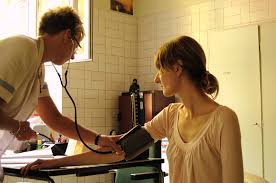 One of my patients has a demanding high-powered job, family health problems, and treated hypertension which dangerously elevated during a visit to the oral surgeon preventing her from getting a wisdom tooth extraction. The oral surgeon wisely referred her to her medical doctor who told her she should cut down on her salt and lose some weight. Good advice. But he failed to address the high stress in her life. When she questioned the doctor about this, he said that everyone has stress and he can’t change that. So, he gave her a more potent anti-hypertensive prescription to change her physical reaction to it. While I totally agree that it’s important to put out a fire – not to have stroke – just treating a symptom and not going on the path of trying to help manage stress and anxiety is totally missing the point. With no stress management tools and direction, she is now dependent on a stronger blood pressure medication. The anxiety of going to get a tooth extracted remains, but now with a more compromised physiology.
One of my patients has a demanding high-powered job, family health problems, and treated hypertension which dangerously elevated during a visit to the oral surgeon preventing her from getting a wisdom tooth extraction. The oral surgeon wisely referred her to her medical doctor who told her she should cut down on her salt and lose some weight. Good advice. But he failed to address the high stress in her life. When she questioned the doctor about this, he said that everyone has stress and he can’t change that. So, he gave her a more potent anti-hypertensive prescription to change her physical reaction to it. While I totally agree that it’s important to put out a fire – not to have stroke – just treating a symptom and not going on the path of trying to help manage stress and anxiety is totally missing the point. With no stress management tools and direction, she is now dependent on a stronger blood pressure medication. The anxiety of going to get a tooth extracted remains, but now with a more compromised physiology.
Chronic Anxiety and the Need to Change
 We live in an age where we are confronted with more and more situations that produce stress and anxiety. But change is not easy for people. It’s not convenient, it takes time, and old habits are hard to break. So, what we are seeing are growing numbers of people who are suffering from high blood pressure, auto-immune diseases, and other chronic illnesses. And they are taking lots of medicine, frequently accompanied with side effects.
We live in an age where we are confronted with more and more situations that produce stress and anxiety. But change is not easy for people. It’s not convenient, it takes time, and old habits are hard to break. So, what we are seeing are growing numbers of people who are suffering from high blood pressure, auto-immune diseases, and other chronic illnesses. And they are taking lots of medicine, frequently accompanied with side effects.
So, with the massive increases in chronic diseases, it seems like common sense that such lifestyle imbalances as dietary abuse, environmental and food pollutants, inadequate exercise causing waste buildup, and chronic mental and emotional stress all should be considered in health improvement. True, a medication is often a life saver, but ignoring finding the cause can result in lifelong drug dependency, anxiety over health, and further physical complications.
The Mouth Can Be a Sign of Systemic Inflammation – A Physical Response to Stress and Anxiety
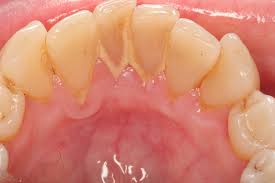 In dentistry the mouth is a mirror of the immune system. It is a unique area because you can see signs of body chemistry imbalance without even having to do a blood test. It is quite common to see the body’s reaction to stress with physical symptoms of tooth decay, gum disease and neuromuscular pain of the head and neck (headaches or migraines). When we see inflamed bleeding gums, acidic saliva, calculus deposits (tartar) on the teeth and periodontal bone loss, a red flag is signaled that there is probably systemic inflammation. Let’s look deeper into this.
In dentistry the mouth is a mirror of the immune system. It is a unique area because you can see signs of body chemistry imbalance without even having to do a blood test. It is quite common to see the body’s reaction to stress with physical symptoms of tooth decay, gum disease and neuromuscular pain of the head and neck (headaches or migraines). When we see inflamed bleeding gums, acidic saliva, calculus deposits (tartar) on the teeth and periodontal bone loss, a red flag is signaled that there is probably systemic inflammation. Let’s look deeper into this.
Anxiety, Inflammation and Disease
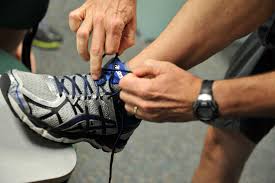 All body functions are impaired when blood pH becomes acidic. Free radicals are produced at a faster rate and the result is inflammation. Why is inflammation such a problem? For one, inflamed tissues provide the perfect environment for bacteria, viruses, and other pathogens to take up residence. Uncontrolled inflammation can be reflected anywhere in the body. Some examples: colitis, migraines, asthma, psoriasis, infertility, chronic fatigue, sinusitis, periodontal disease, and infections. Add anxiety to the mix for which people deal with by smoking, drugs, alcohol, sugar, and lack of sleep, you now further compromise the immune system and healing.
All body functions are impaired when blood pH becomes acidic. Free radicals are produced at a faster rate and the result is inflammation. Why is inflammation such a problem? For one, inflamed tissues provide the perfect environment for bacteria, viruses, and other pathogens to take up residence. Uncontrolled inflammation can be reflected anywhere in the body. Some examples: colitis, migraines, asthma, psoriasis, infertility, chronic fatigue, sinusitis, periodontal disease, and infections. Add anxiety to the mix for which people deal with by smoking, drugs, alcohol, sugar, and lack of sleep, you now further compromise the immune system and healing.
Some Causes and Symptoms of Acidity
 Here are a few things that contribute to the body becoming acidic:
Here are a few things that contribute to the body becoming acidic:
- Leading the list is chronic stress, worry, and high anxiety
- The next biggie is sugar
- Also, contributing is protein metabolism – lots of red meat
- Chronic exposure to heavy metals -mercury in dental amalgam fillings, lead in paints or arsenic in water
- Smoking
- Lack of sleep
The body tries to rebalance since it knows that acidity is not a healthy state. The parathyroid gland responds to acidic blood by signaling a release of phosphate from the bone which can buffer the acid. However, along with phosphorus, calcium is also pulled out of the bone into the bloodstream. Unneeded calcium will not go back into the bone. It will deposit somewhere else.
These are some symptoms:
- On the teeth, calcium deposits as calculus (tartar)
- In the joints, you will see arthritis
- in the muscles, you can experience pain or spasms
- In the arteries you get calcium plaques (hardening of the arteries)
- In the eyes, as cataracts
- In the kidneys as stones
- Cancer cells have calcified cell membranes as seen for example on mammography.
Lower the Stress and the Anxiety Response Also Lowers

While you may not be able to change your circumstances, you do have choice of how you react to it. An improved mental attitude can be so beneficial in diffusing anxiety, lowering the stress hormones of adrenaline and cortisol and increasing happiness neurotransmitters in the brain. When positive lifestyle choices are carried out, good health is often the result.
To get to the positive side, there is always something simple to do at home or about. A few helpful suggestions:
- Gratitude -start your day by counting your blessings
- Deep breathing – helps to calm down the nervous system
- Exercise – even a walk around the block or climbing stairs can lead to more endorphin-releasing activities.
- Eat whole foods – for better nutrition and building blocks for healthy cells and organs
- Don’t rush through meals – helps with better digestion and waste elimination
- Stop watching or reading the news
- Take a yoga class
- Learn to meditate
It’s always easier to prevent disease than it is to correct a problem. So, it follows that if acidemia can be controlled, then the cascade of events leading to free calcium excess would be limited. You may want to go a step further and work with a life coach or alternative practitioners who have other tools in the toolbox. A massage, acupuncture treatments, chiropractic adjustments, energy work, dietary changes, behavioral therapy, emotional freedom technique, and detoxification are just some areas to explore that can bring you more peace, satisfaction, enjoyment, and longevity. Learn more about alternatives and make the choices to reduce your anxiety so you can enjoy a happier and healthier life.

About Us
As holistic dentists, we've recommended products and services that supported our patients’ health for decades. In experiencing our own health challenges from mercury toxicity, we worked closely with many natural, alternative, and integrative health practitioners who aided our recovery as well as our patients’. We built this site to provide you with a simple-to-use, comprehensive, informational, and functional resource for your physical, emotional, and spiritual health & well-being.














